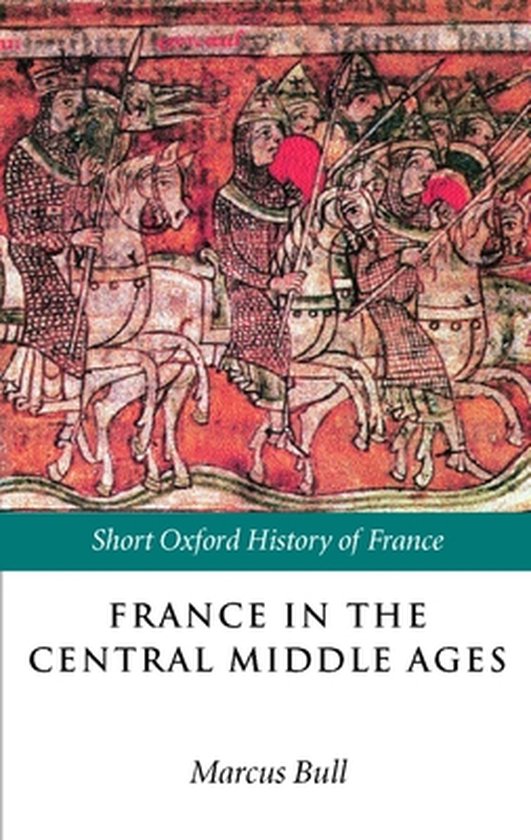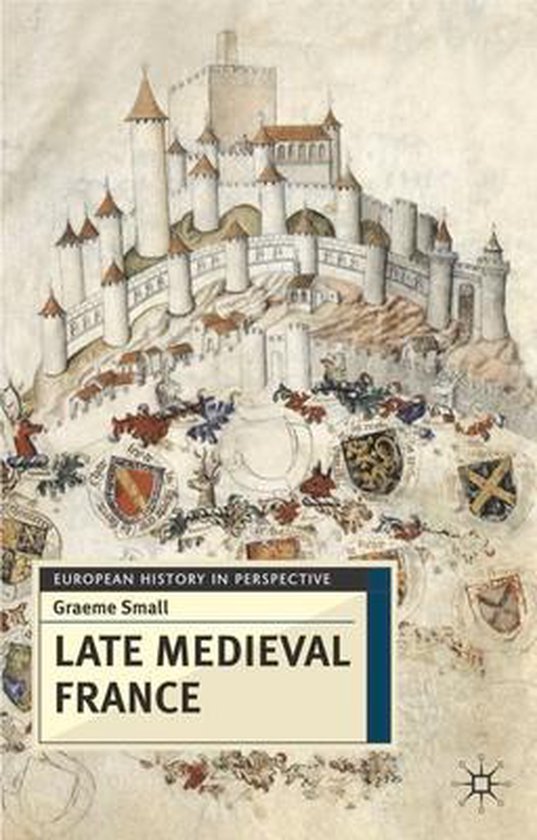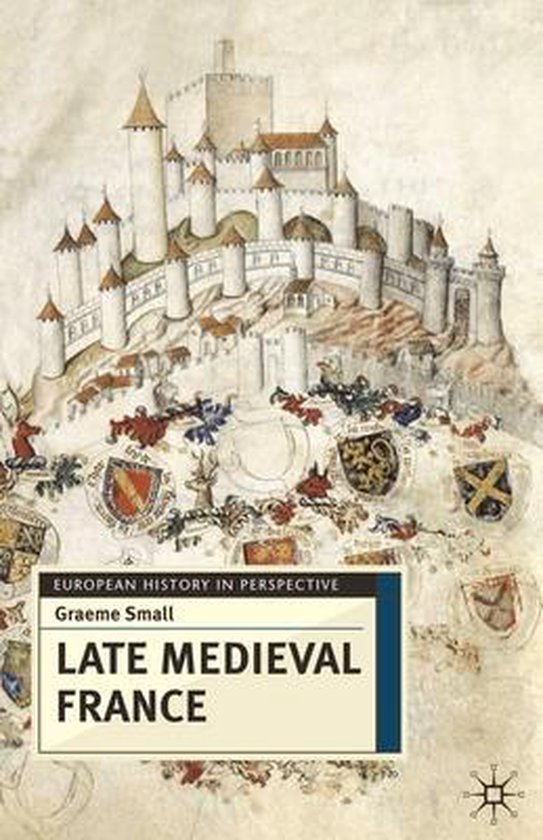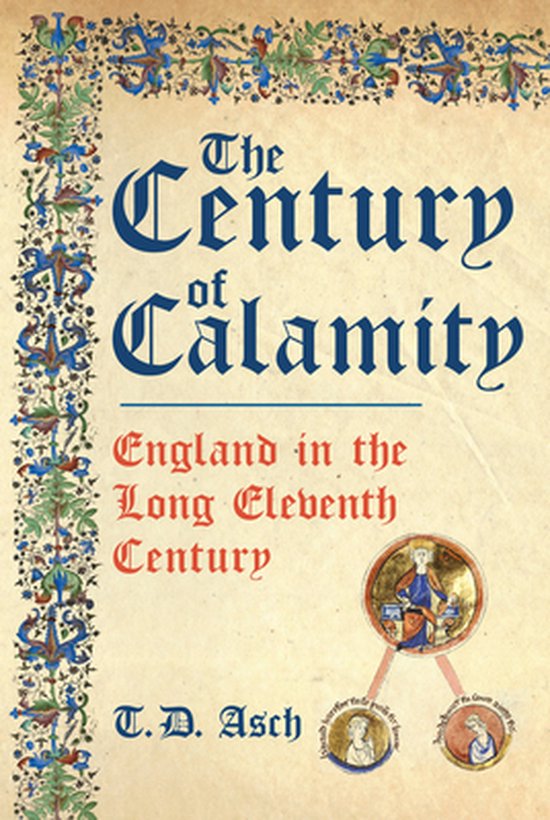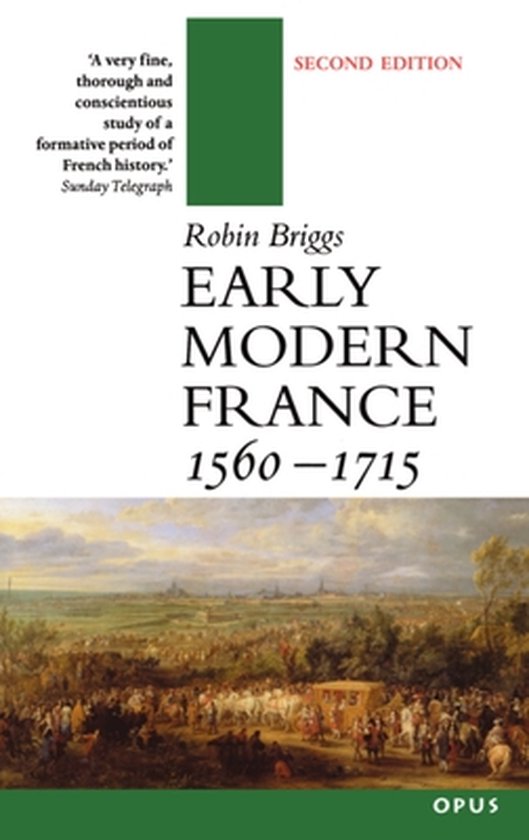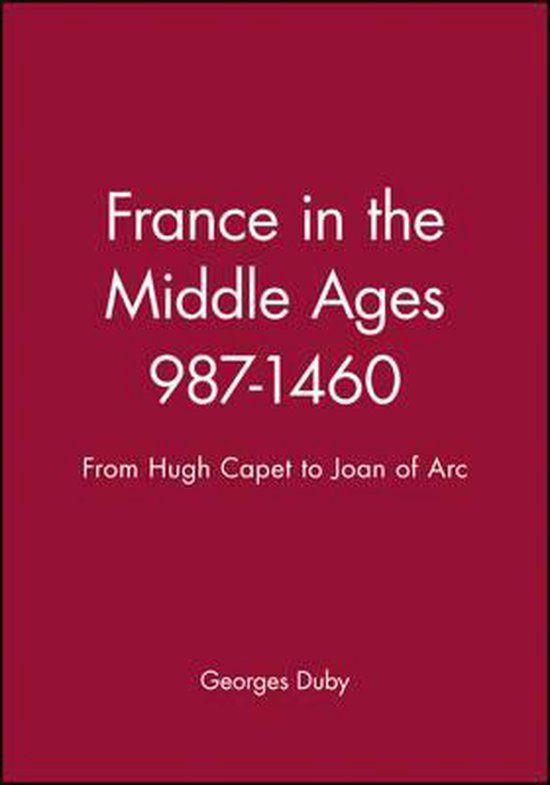
France In The Middle Ages 987-1460
In this book, now available in paperback, he examines the history of France from the rise of the Capetians in the mid--tenth century to the execution of Joan of Arc in the mid--fifteenth.
Georges Duby has changed our conception of medieval Europe, particularly our about the meaning and operation of 'feudal society'. In this book, now available in paperback, he examines the history of France from the rise of the Capetians in the mid-tenth century to the execution of Joan of Arc in the mid-fifteenth. He takes the evolution of power and the emergence of the French state as his central themes, and guides the reader through complex - and, in many respects, still unfamiliar, yet fascinating terrain. He describes the growth of the castle and the village, the building blocks of the new Western European civilization of the second millenium AD. In so doing, he reintroduces the cast of characters that he has made famous: the youths, the priests and the ladies.
In this book, now available in paperback, he examines the history of France from the rise of the Capetians in the mid-tenth century to the execution of Joan of Arc in the mid-fifteenth. He takes the evolution of power and the emergence of the French state as his central themes, and guides the reader through complex - and, in many respects, still unfamiliar, yet fascinating terrain. He describes the growth of the castle and the village, the building blocks of the new Western European civilization of the second millenium AD.
Georges Duby has changed our conception of medieval Europe, particularly our about the meaning and operation of 'feudal society'. In this book, now available in paperback, he examines the history of France from the rise of the Capetians in the mid-tenth century to the execution of Joan of Arc in the mid-fifteenth. He takes the evolution of power and the emergence of the French state as his central themes, and guides the reader through complex - and, in many respects, still unfamiliar, yet fascinating terrain. He describes the growth of the castle and the village, the building blocks of the new Western European civilization of the second millenium AD. In so doing, he reintroduces the cast of characters that he has made famous: the youths, the priests and the ladies.
Figures monumental in English history, such as William the Conqueror and Henry I, appear afresh in their contemporary context, dangerous and vulnerable. In place of Hastings, Duby offers the battle of the Bouvines (1214) as a decisive turning-point. It marks the successful construction of the French monarchy, which in turn represents a transformation in the exercise of power.
Extensively illustrated, and containing many clear and helpful maps and geneaological tables, this book will be of wide interest, and will stimulate discussion among specialists and non-specialists alike.
In this book, now available in paperback, he examines the history of France from the rise of the Capetians in the mid-tenth century to the execution of Joan of Arc in the mid-fifteenth. He takes the evolution of power and the emergence of the French state as his central themes, and guides the reader through complex - and, in many respects, still unfamiliar, yet fascinating terrain. He describes the growth of the castle and the village, the building blocks of the new Western European civilization of the second millenium AD.
| Auteur | | Georges Duby |
| Taal | | Engels |
| Type | | Paperback |
| Categorie | | Geschiedenis |
